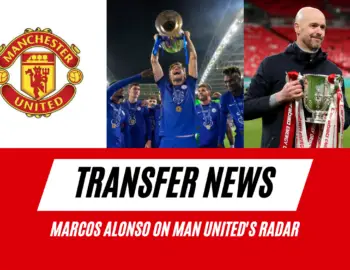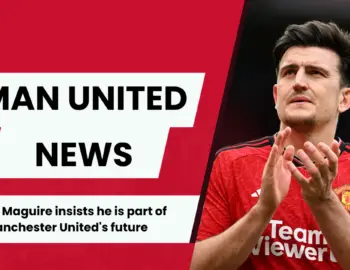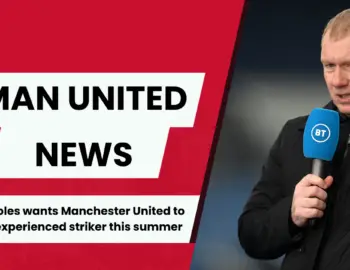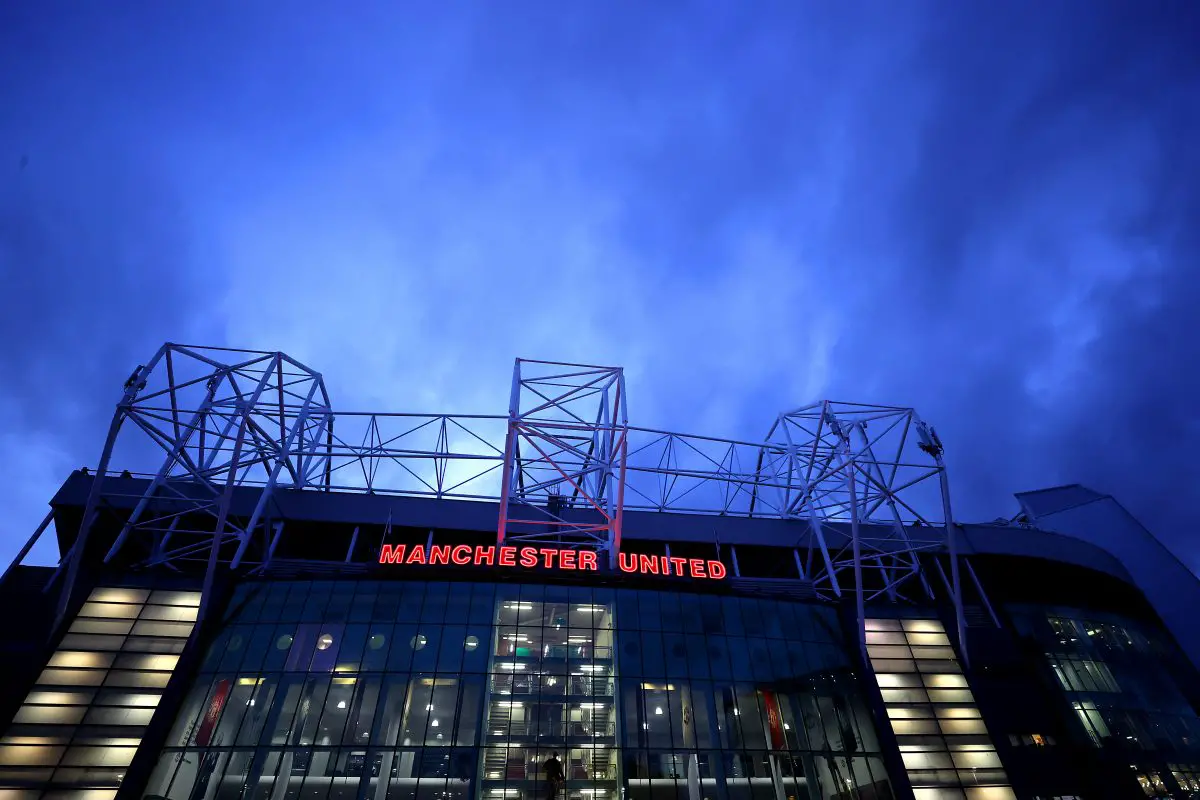
Manchester United isn’t merely a name; it’s an institution. Revered globally, the club isn’t just celebrated for its enviable trophy cabinet, but also as a formidable commercial titan in the realm of football.
Just like how a soccer match isn’t won solely by the players on the pitch but by a combination of strategy, coaching, and support staff, the business side of football is no different.
The success stories of colossal clubs like Manchester United are intricately tied to astute financial planning, strategic sponsorships, and meticulously chosen backroom staff. This alchemy of factors determines not just sporting victories but also commercial triumphs.
Diving deeper into the world of sponsorships and strategic planning, it’s evident that these tactics aren’t exclusive to football. Many industries, from sports to entertainment, harness the power of these strategies, tailoring them to meet the needs of their unique audiences.
In the rapidly expanding realm of online gaming, for example, sites like https://soslovenskekasino.sk/ offer insights into how the casino industry in Slovakia leverages sponsorships and strategic alliances. These practices achieve monumental success and draw intriguing parallels to the strategies deployed by football giants like Manchester United.
Historical Context
From its modest beginnings in 1878 as Newton Heath LYR Football Club, Manchester United’s journey to financial preeminence has been nothing short of remarkable.
This trajectory wasn’t merely fueled by on-pitch successes but by a series of astute commercial decisions that have set the club apart in the global football arena.
The 1980s saw a significant shift not only in the club’s results but also in its commercial endeavors. The appointment of Sir Alex Ferguson was a turning point in terms of trophies and international victories:
- English FA Cup – 1990, 1994, 1996, 1999, 2004
- European Super Cup – 1991
- League Cup – 2006, 2009, 2010
- Charity Shield – 1990, 1993, 1994, 1996, 1997, 2003, 2007, 2008, 2010, 2011, 2013
- Intercontinental Cup – 1999
- English Super Cup – 1990, 1993, 1994, 1996, 1997, 2003, 2007, 2008, 2010, 2011
- English League – 1991, 2005, 2008, 2009
- Premier League – 1993, 1994, 1996, 1997, 1999, 2000, 2001, 2003, 2007, 2008, 2009, 2011, 2013
- Europapokal Der Pokalsieger Sieger – 1990
- UEFA Super Cup – 1991
- UEFA Europa League – 2017
- English Championship – 1992, 1993, 1995, 1996, 1998, 1999, 2000, 2002, 2006, 2007, 2008, 2010, 2012
- FIFA Club World Cup winner – 2008
- Champions League – 1999, 2008
This, in turn, helped take the Manchester United brand to a new level of financial development. The Ferguson era, which lasted more than two decades, brought many lucrative sponsorship deals that significantly strengthened the club’s financial strength.
The dawn of the Premier League era in 1992 was another significant milestone. With television rights deals skyrocketing, Manchester United, with its global appeal, was perfectly poised to capitalize. The club soon became a commercial juggernaut, signing groundbreaking deals with global brands that recognized the value of associating with the Manchester United name.
Fast forward to the digital age, and the club’s commercial strategies evolved once again. Embracing digital platforms, Manchester United leveraged its massive global fan base, entering into partnerships with various industries. One notable parallel can be observed in the online gaming realm. Just as Manchester United broadened its horizons to tap into new revenue streams, online gaming platforms in Slovakia, such as kajot.sk have innovatively expanded their reach, securing sponsorships and partnerships that drive their financial growth.
In essence, Manchester United’s commercial triumphs can be attributed to its ability to adapt, innovate, and forge strategic partnerships, ensuring its position not just as a football powerhouse but as a global commercial titan.
The Power of Sponsorships
In the panorama of global football, Manchester United stands as a beacon of commercial success. The driving force behind this? An impressive array of sponsorships that have not only bolstered the club’s coffers but also significantly shaped its international image.
From the emblematic Chevrolet logo adorning their jerseys to the association with Adidas for their kits, Manchester United’s sponsors aren’t just names on a shirt – they’re strategic partnerships that resonate globally. These major brands, along with others like AON and Kohler, haven’t just invested money; they’ve intertwined their narratives with that of the club.
| Years | Sponsor | Notable Information | Deal Amount |
| 1982-2000 | Sharp Electronics (UK) | First shirt sponsorship, lasted 18 seasons. | Initial: £500,000 (2yrs) Later: £700,000 (2 yrs) |
| 2000-2006 | Vodafone | World’s largest telecom company; deal terminated early due to UEFA agreement. | Initial: £30m (4 yrs) Extension: £36m (4 yrs) |
| 2006-2010 | AIG | Record-breaking deal; AIG faced a financial crisis in 2008. | $100m (£72m) (4yrs) |
| 2010-2014 | Aon | US financial giant. | Estimated: £88m (4 yrs) |
| 2014-2021 | General Motors (Chevrolet) | Largest deal at the time, surpassed Barça’s record. | Estimated: £370m (£53m/season) |
| 2018-2023 | Kohler | Sleeve-sponsorship; world record deal. | £20m/season |
| 2021-2026 | TeamViewer | German-based global tech company. | £47m/year |
Such sponsorships have immensely shaped the club’s financial trajectory. For instance, the Adidas deal, reported to be worth £750 million over ten years, underscores the magnitude of Manchester United’s commercial appeal. These colossal deals enable the club to compete at the highest level, ensuring they have the financial clout to sign top-tier talent and invest in state-of-the-art facilities.
But what of the sponsors? What do they stand to gain? It’s simple: association with a brand as potent as Manchester United guarantees global visibility. Every goal scored, every match won, and every iconic moment gets amplified to a global audience, and the sponsors share that spotlight. Brands benefit from the loyalty, passion, and sheer numbers of the Manchester United fan base. They tap into the emotional connection fans have with the club, translating it into brand loyalty and recognition.
In this symbiotic relationship, Manchester United enjoys the financial security and resources to maintain its elite status, while sponsors get a global platform, reaching millions of devoted fans across continents. It’s a dynamic interplay of sports and commerce, with both parties emerging as victors.
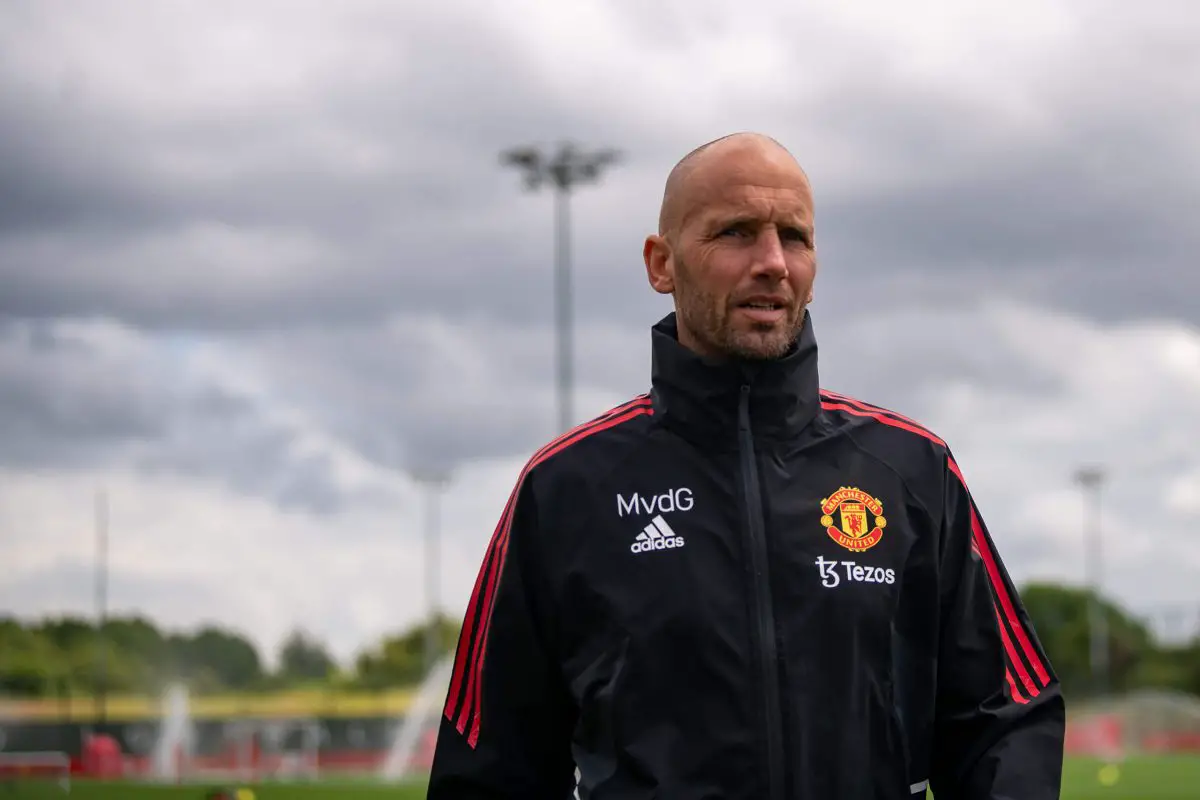
The Parallel World of Online Gaming
Just as Manchester United dominates the football landscape, there’s another titan rising in the digital domain: the world of online gaming and casinos. This industry, much like top-tier football, has witnessed exponential growth, leveraging innovative financial strategies and tapping into the enormous potential of the digital age.
The boom of online gaming platforms, particularly in regions like Slovakia, has ushered in a new era of digital entertainment. Brands like Slovenske Kasina have carved a niche, drawing parallels with football giants in terms of their branding and sponsorship strategies. Just as Manchester United forms partnerships to amplify its brand reach, online casinos also form alliances, albeit in different domains. They collaborate with software developers, popular online influencers, and occasionally even sports personalities to boost their visibility.
However, there are nuances in how sponsorships work in the online casino world compared to football. While football clubs often secure deals with brands seeking global exposure through jersey sponsorships or stadium naming rights, online casinos emphasize partnerships that enhance user experience. This could be through exclusive game offerings, leveraging celebrity endorsements, or integrating state-of-the-art gaming technology.
Platforms like SoSlovenskeKasino excel in managing their brand and sponsorships to captivate a diverse audience. Their strategies are twofold: enhancing the gaming experience for dedicated players and making their platforms welcoming and intriguing for novices. Through strategic collaborations and partnerships, they broadcast their message to a global demographic, ensuring their virtual doors are always bustling with activity.
In the grand tapestry of entertainment and commerce, both football and online gaming stand as colossal pillars. And though their domains may differ, their underlying strategies of partnerships, sponsorships, and brand management echo similarities, proving that when it comes to success, the game – be it on the pitch or on a screen – always remains the same.
Conclusion:
The relationship between Manchester United and its sponsors paints a vivid picture of symbiosis in the modern commercial era. Each relies on the other: the club leverages its immense global influence to provide sponsors with unparalleled visibility, while those sponsorships, in return, furnish Manchester United with the financial firepower to remain at the pinnacle of world football.
Yet, as we delve deeper into the fabric of success, from the echoing roars of Old Trafford to the digital corridors of platforms like Slovenske Casina, certain tenets remain universal. Whether in the fiercely competitive realms of football or the rapidly evolving world of online gaming, the importance of a well-crafted brand image, strategic sponsorships, and adept staffing cannot be understated. These pillars, when harmoniously aligned, pave the path for success, transcending industries and eras.
